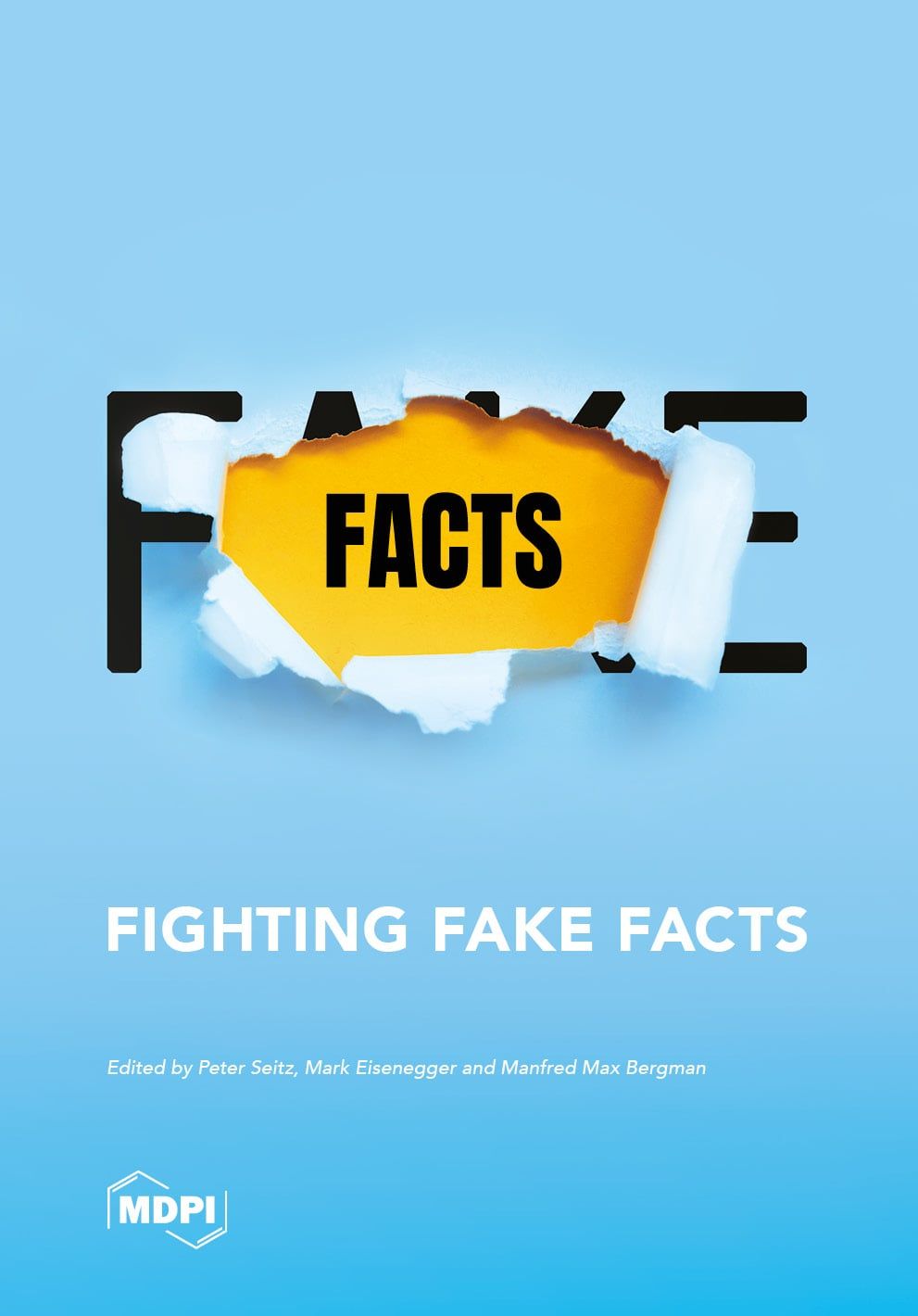A Psychological Perspective on Misinformation: Why Do Individuals Trust Fake News?
Fake news is not a new phenomenon. The impact of misinformation, however, has increased massively in recent years, as the internet and social media have allowed the spread of true and false information at exceptional rates to an unprecedented number of recipients. We offer a psychological perspective on misinformation and discuss reasons why people may believe and share false information. When people process information, they rely on cognitive shortcuts which may increase the likelihood of believing information that, for example, has been heard before (repetition–truth effect), is associated with non-probative pictures (truthiness bias), is presented in a negative frame (negativity bias), and is in line with personal opinions (confirmation bias). Understanding these tendencies allows mitigation measures to be designed that enable news providers, social media platforms, and individuals to combat misinformation. Here, we integrate selected research to discuss options for social media platforms to reduce the sharing of misinformation. Moreover, we compile a set of recommendations for individuals, allowing them to create their own truth toolbox. Using this toolbox may enable them to critically approach and navigate information in everyday life.
